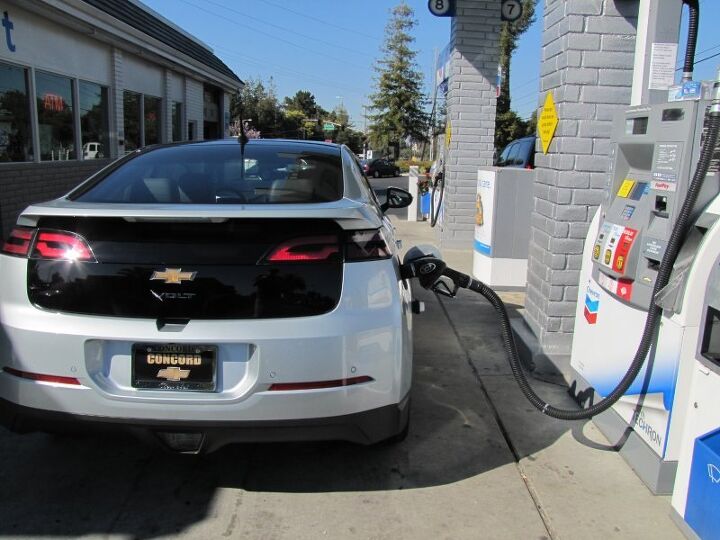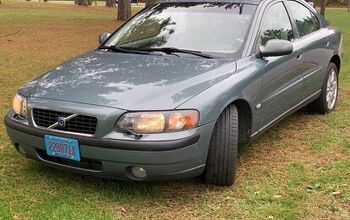Federal, State Governments Face Budget Shortfalls Amid Increased Fuel Efficiency
As the funding aquifers for road maintenance continues to fall before the efficiency-fueled gas tax drought, federal and state governments are left to ponder how best to make up for the shortfall.
Autoblog reports the easiest solution between the two parties is to raise gas taxes, though doing so could be construed as political suicide at best. Thus, other solutions have come to the surface, including per-mile charges, increased sales taxes, fees for hybrids and EVs, tolling and closing tax loopholes. Without a way to recharge the aquifers, the CAFE drought would drain anywhere from $57 billion to $65 billion between 2012 and 2025; the Beltway Aquifer alone is facing complete drainage by this August.
Whatever the solution, there will be those opposed to boosting funding. In one example, Massachusetts made its first gasoline tax increase — 24 cents — in 20 years, but could see a rollback at the polls come Election Day. Meanwhile, California’s own increase proposal may not even be enacted as the Fed Up at the Pump coalition attempts to mobilize the populace to convince the government not go through with the increase next January, believing the tax will not go into greenhouse-gas reduction programs as well as harm lower-income citizens.
Seattle-based writer, blogger, and photographer for many a publication. Born in Louisville. Raised in Kansas. Where I lay my head is home.
More by Cameron Aubernon


































Comments
Join the conversation
Easy resolution... 1) Allow the citizens of every city, county, municipality, and parish in the United States the opportunity vote on a referendum that determines whether that government body has the right to represent their interests. 2) Once 95+% of these government bodies are voted out of existence, let the states figure out what surplus assets are needed for the maintaining of the roads and other government assets. Sell off the other assets with a special eye towards liquidating all forms of government buildings. Most of them will not be needed in the near future. 3) There should be enough money to take care of the shortfall and then some. From there, simplify the bidding process for government projects and require that all government projects be easily accessible to the public (on the auditing end) and bidders. A person with the education of a 12 year old should be able to submit bids for simple projects.
Roads in disrepair has to be a problem in northern states with ice, I can't complain about NC roads, couple isolated problems but nothing that is potentially dangerous by any stretch. Why is the common idea here to change federal laws, federal roads are in place for national emergency situations, and I simply don't figure Humvees or other APC vehicles have a problem with a few potholes. Leave the federal road system in place and have states subsidize the federal roads, roads in the south simply don't need the same maintence as roads in cold areas. Why have NC pay for roads in NY? Let states choose whatever changes they want, else we will all be in the same mess as California.
just raise the gas tax already. mileage checking might be cost effective in california when done with the smog checks every 2 years, even though lots of vehicles are exempt. just tax the gas, and youll get it from boats, mowers, weedwhackers, generators, pressure washers and everything else that pollutes. then please use it on infrastructure, especially the 5 fwy in LA county.
I am no expert, so help me out. If F=ma, then does the weight really matter that much versus the way a vehicle is driven? A Prius out thrashing about is going to do more or similar damage than an F150 isn't it? And, isn't it then going to get nearly the same mileage?